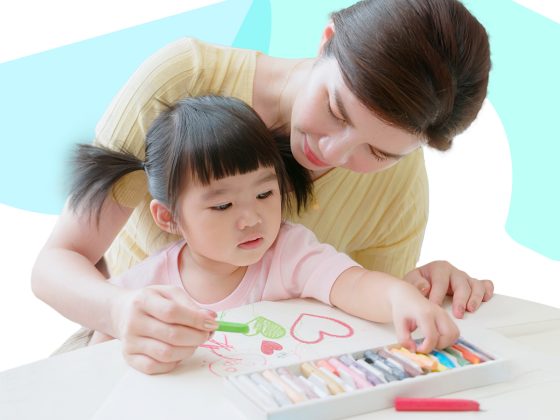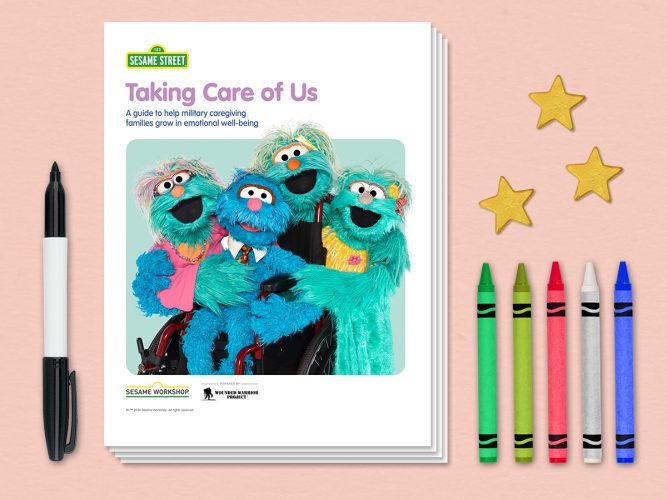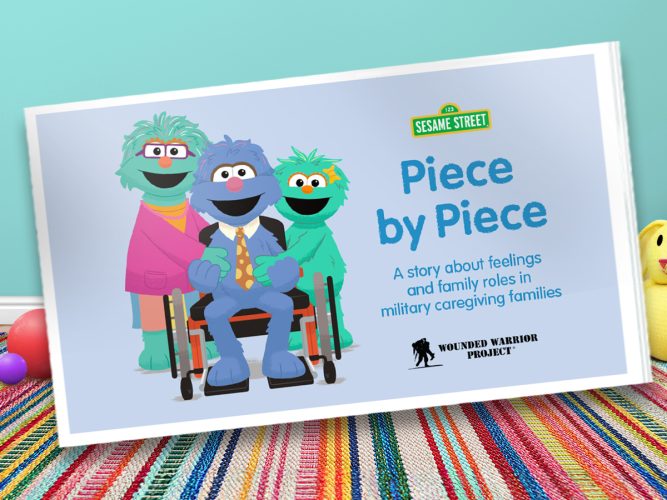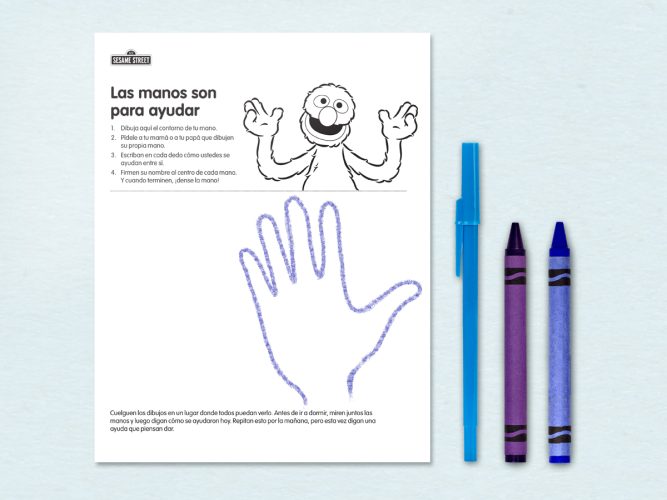
Compassion in Daily Moments
Simple ideas to help adults and children practice self-compassion in daily life.
As a caregiver, your to-do list may seem endless and taking care of yourself can easily fall to the bottom. Fortunately, self-care doesn’t have to be time-consuming, and it can be free! Tiny, compassionate actions right in the middle of your busy day can lead to meaningful results and help you feel your best.
Self-compassion involves actively being kind to yourself in both easy and difficult moments. Self-compassion allows you to persist and reach your goals even when you face challenges. And it helps you savor and celebrate the joy and beauty of your daily life. When you practice self-compassion in the small moments throughout your day, your children see and follow your lead.
Consider trying one or two of these simple ideas to help you and your family grow in compassion:
Full Hearts. Compassion often grows from gratitude. Together with your child, draw a heart on a piece of paper. Inside the heart, write or doodle things you love about life in this moment. Whom do you love? What do you love? What are you proud of yourself for? What are your talents? What makes you smile? When you’re finished, display it as a reminder of all the things that fill your heart—and life—with love.
Kindness Jar. Being kind to others—helping an elderly neighbor, doing extra chores around the house, or drawing pictures for a sad friend—can help us have a positive outlook on life. Get a jar (or other container) and some blank slips of paper. As you and your children do kind things for one another or your community, write the acts of kindness on a slip of paper and add them to the jar. Over time, you will see how all your acts of kindness add up…and overflow! Remember, you matter and you make a difference. The world is better because you are here.
Breathe in the Good. In moments when you begin to feel frazzled or frustrated, connect to your breath. Close your eyes and let your body relax. Place your hand on your heart and inhale deeply, counting to 5, and fully exhale while you count to 10. Imagine breathing in patience, confidence, or joy, and breathing out frustration, anger, or sadness.
You might also say a positive phrase out loud as you breathe:
- “I am a good friend to myself.”
- “Everyone feels ______ sometimes.”
- “I’m a parent who keeps trying.”
- “We are the _____ family, and we keep trying.”
- “We can start again.”
Remember that perfection is not the goal. Modeling persistence is important (and powerful!) for the whole family. Remind your children that you’re learning and growing too, just like they are.

Practice I Notice, I Feel, I Can
Try this three-step plan to help the whole family manage feelings big and small.

Watch and Play: Abby's Magical Beasties
Watch this episode and explore ways to extend the learning at home.

Taking Care of Us: A Guide to Help Military Caregiving Families Grow in Emotional Well-Being
A guide with information and activities to help military caregiving families learn about and grow in emotional well-being together.

Taking Care of Myself
Watch this webinar to recharge and stock your self-care tool kit with tips and tricks to try when stress sneaks in.

Piece by Piece
A storybook, featuring Rosita and her family, about the special strength of military caregiving families.

Our Hands
When it comes to family, everyone can reach out to help.
